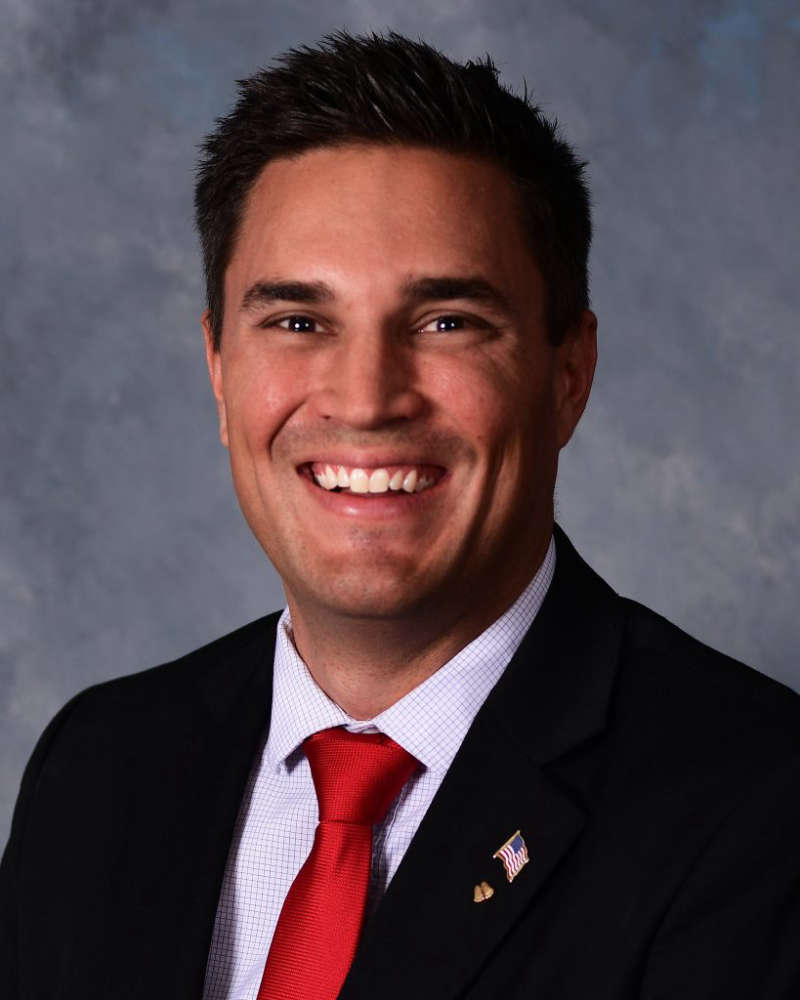
Today, U.S. Senators Todd Young (R-Ind.) and Chris Murphy (D-Conn.) reintroduced the Workforce Mobility Act, bipartisan legislation to limit the use of non-compete clauses that negatively impact American workers. U.S. Senators Tim Kaine (D-Va.) and Kevin Cramer (R-N.D.) co-sponsored the legislation.
About one in five American workers – 30 million people – are constrained by a non-compete clause, which blocks workers from working for a competing employer or starting a competing business. Research indicates that workers trapped by non-competes have lower wages, and their restricted mobility makes it more difficult for businesses to recruit talent. In states where non-competes are enforced, young firms are more likely to die in their first three years compared to states where they are not enforced
“Non-compete agreements stifle growth, career advancement, innovation, and human freedom. Our bill aims to remove these barriers and create opportunities that help, not hinder, Hoosier workers,” said Young. “The reforms in our legislation will assist workers and entrepreneurs so they can freely apply their talents where their skills are in greatest demand.”
“Millions of fast-food workers, security guards, janitors, and health care workers can’t leave their current job for a better one because they’re locked in non-competes. That crushes worker power, reduces wages, and stifles new businesses. The FTC should continue defending its rule to ban non-competes, but Congress should make the policy permanent and pass our legislation to protect workers and support entrepreneurs,” said Murphy.
“Non-compete agreements make it harder for businesses to recruit and hire talent and stifle wage growth for workers,” said Kaine. “I’m proud to join my colleagues in introducing this bipartisan legislation to promote innovation and support American workers.”
“Non-compete agreements stifle innovation and job mobility,” said Cramer. “I am glad North Dakota is a national leader in blocking these inhibitive practices. Our bipartisan bill makes non-competes virtually illegal and puts more power back into the hands of the American worker.”
The Workforce Mobility Act would:
- Narrow the use of non-compete agreements to include only necessary instances of a dissolution of a partnership or the sale of a business;
- Place the enforcement responsibility on the Federal Trade Commission and the Department of Labor;
- Require employers to make their employees aware of the limitation on non-competes, as studies have found that non-competes are often used even when they are illegal or unenforceable. The Department of Labor would also be given the authority to make the public aware of the limitation; and
- Require the Federal Trade Commission and the Department of Labor to submit a report to Congress on any enforcement actions taken.
A one-pager is available HERE.


 Leighty leaving Bridgeport Fire Protection District
Leighty leaving Bridgeport Fire Protection District
 Lawrence County Farm Bureau Board adds new members
Lawrence County Farm Bureau Board adds new members
 U.S. Postal Service to observe Presidents Day, Feb. 16
U.S. Postal Service to observe Presidents Day, Feb. 16
 Niemerg issues statement on Lawrenceville sewage treatment facility
Niemerg issues statement on Lawrenceville sewage treatment facility
 Southwestern Indiana man jailed for murder
Southwestern Indiana man jailed for murder
 Lawrence County (ILL) woman pleads guilty to meth delivery in southwestern Indiana
Lawrence County (ILL) woman pleads guilty to meth delivery in southwestern Indiana
 Amazon to locate delivery station in Knox County
Amazon to locate delivery station in Knox County
 Lawrence County woman charged after traffic stop
Lawrence County woman charged after traffic stop
 Knox County seeking disaster assistance
Knox County seeking disaster assistance
 Lawrence County seeking E911 Director
Lawrence County seeking E911 Director
 Lawrenceville city council seat remains vacant
Lawrenceville city council seat remains vacant
 Bridgeport arrest
Bridgeport arrest
 Friday is National Wear Red Day
Friday is National Wear Red Day
 Local Hunters Feeding program successful
Local Hunters Feeding program successful




